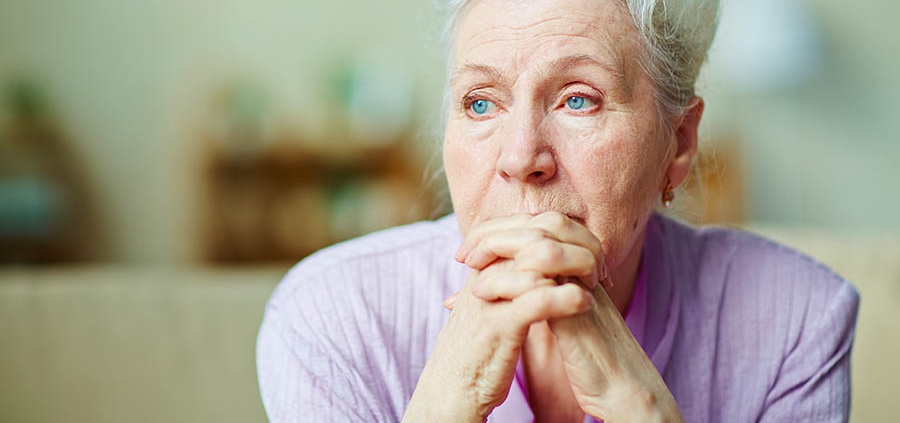A leading mental health charity has recently warned that the UK is ‘sleepwalking’ into a mental health crisis as a result of the COVID pandemic. Furthermore, the uncertainty, fear and isolation we are all experiencing will be compounded by the colder, darker months of winter.
The Centre for Mental Health predicts that 10 million people will require some form of mental health support as a direct result of the Coronavirus pandemic and the measures that the Government are introducing to control it.
Even under normal circumstances, good mental health underpins how we function as a society. During a pandemic, however, the implications of this mental health crisis can affect how we respond and recover as a country. Healthcare workers that are essential to the COVID-19 response may have to leave the workforce if their mental health is not protected.
The World Health Organisation has also warned that depression and anxiety can increase susceptibility to infection and transmission of the virus. There is evidence that poor mental health affects the ability to adhere to rules of mask-wearing and social distancing and can even affect vaccine absorption.
Looking after your mental health during COVID
Understandably, we are all feeling anxious or uneasy during this unsettled time and this is a normal reaction. There are things you can do, however, to help you manage these feelings of anxiety.
Keep in touch digitally: if you can’t meet up with people as you would normally, make plans to Facetime or phone regularly. If you’re feeling anxious about Coronavirus, you may find it helpful to talk about these worries with someone you trust. We’ve also included some links below of useful resources if you want to discuss your concerns with someone trained in dealing in mental health issues.
Stay active: try and build physical activity into your daily routine as much as possible, even if you are working from home or shielding. Eating regularly and staying hydrated is also essential.
Consider how you’re staying informed: if you’re feeling anxious, an important step can be to limit the amount of time you spend reading or watching the news. There is also a lot of misinformation and conflicting reports around, so stick to trusted sources of information.
Useful links:
If you want to talk to someone immediately about how you’re feeling, ring the Samaritans for free on 116 123.
To find out how to get professional help, you can call the following numbers for information:
Samaritans information line: 0300 123 3393
Rethink Mental Illness helpline: 0300 5000 927
There are also many resources that can help:
Clear Fear is a free app for helping you recognise, manage and reduce your anxiety
YoungMinds is a children and young people’s mental health charity
CALM (Campaign Against Living Miserably) runs a confidential information service which you can call or use webchat
The SilverLine is a free 24-hour confidential helpline for older people, providing information, friendship and advice
SupportLine is a charity for vulnerable, isolated people or people in abusive situations



 WE’VE MOVED TO 127 HARLEY STREET
WE’VE MOVED TO 127 HARLEY STREET